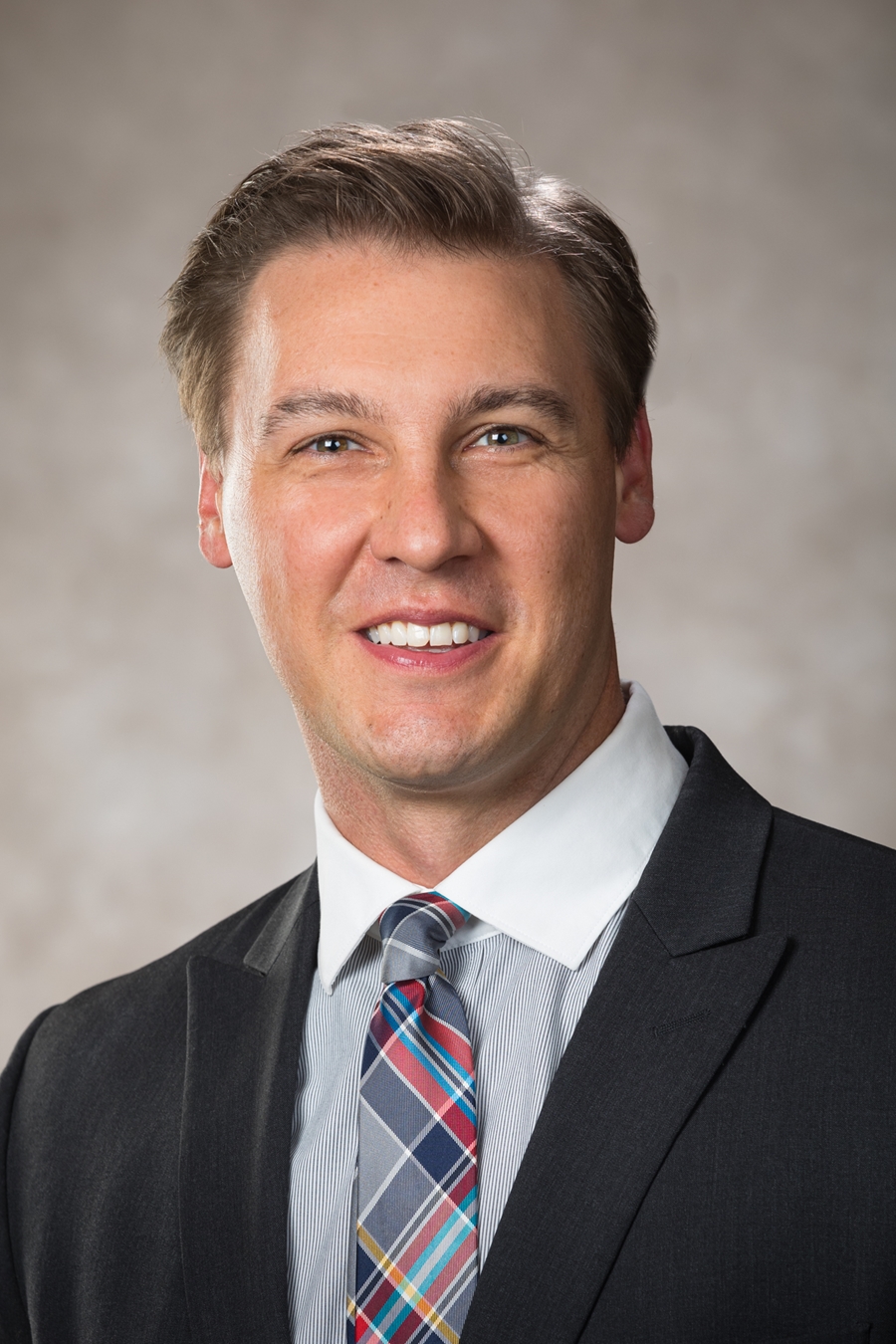FAYETTEVILLE, Ark. – As with the previous pandemics and other major events, such as the Great Depression and World War II, the coronavirus pandemic will profoundly change workplaces and the nature of work itself.
In fact, it already has, according to a new article published by an international panel of management experts, including Michael Wilmot, a new assistant professor in the Sam M. Walton College of Business. Many of these changes, especially the massive shift toward remote work – what most people refer to as “working from home” – are probably here to stay.
“We know that previous major world events had a profound impact on workplaces and the kind of work people do,” Wilmot said. “In fact, these events led to the demise of some markets and businesses and the creation of others. This pandemic is no different. It will change work in fundamental ways, and this will challenge people to learn to work in ways dramatically different than previous generations.”
Wilmot, who studies the role of personality at work, was one of several researchers who contributed to “COVID-19 and the Workplace: Implications, Issues, and Insights for Future Research and Action,” published in the August issue of American Psychologist. As the title suggests, the article emerged as an overview of previous research related to work and workplaces, studies that apply in the context of a pandemic. Lead authors – Kevin Kniffin at Cornell University, Jayanth Narayanan at the National University of Singapore, and Frederik Anseel at the University of New South Wales in Australia – describe the article as a generative overview, a framework for identifying work and workplace issues for producing future research.
The authors and contributors cited several previous studies pertinent to the context of the pandemic, especially those related to remote work, which communications technologies and faster internet connectivity have facilitated over the past several years. In this sense, COVID-19 merely accelerated an already growing trend. The authors pointed to a survey of 229 human resources departments showing that roughly half of the companies had more than 80% of their employees working from home during early stages of the pandemic. The companies expect substantial long-term increases for remote work after the pandemic.
The above trend, suddenly mandatory for almost all individuals who do their work from an internet-connected computer, creates or complicates a host of issues, including “presentism” – people working at home when ill – and the inability of some people to set boundaries between work and home.
As one who studies the role of personality at work, Wilmot contributed insights pertaining to disparate impacts on employees with regard to certain individual differences and personality traits. For example, how will these issues affect extroverts versus introverts?
The authors identified several other issues, including:
- A loss of social connectedness and loneliness for many employees, which can negatively affect performance and commitment to organizational goals.
- Increased risk among employees for substance abuse and addiction.
- Related to above issues, companies might need to create or augment employee assistance programs and hire staff trained to recognize mental health issues.
- The possibility that virtual work arrangements will foster more participatory relationships, given that physical cues of dominance are less salient in virtual environments.
- The need for human resource departments to develop new performance management and appraisal systems for remote-working populations.
- The expectation that some companies will institute new modes of surveillance due to perceived lack of control, now that employees are “out of sight.”
“Considering all these issues and more, I think it’s important to examine how workers will adapt,” Wilmot said. “I'd like to think some of the insights we provide will make positive contributions in the face of these changes.”
About the University of Arkansas: The University of Arkansas provides an internationally competitive education for undergraduate and graduate students in more than 200 academic programs. The university contributes new knowledge, economic development, basic and applied research, and creative activity while also providing service to academic and professional disciplines. The Carnegie Foundation classifies the University of Arkansas among fewer than 3 percent of colleges and universities in America that have the highest level of research activity. U.S. News & World Report ranks the University of Arkansas among its top American public research universities. Founded in 1871, the University of Arkansas comprises 10 colleges and schools and maintains a low student-to-faculty ratio that promotes personal attention and close mentoring.
Topics
Contacts
Michael Wilmot, assistant professor, management
Sam M. Walton College of Business
479-575-2912,
Matt McGowan, science and research communications officer
University Relations
479-575-4246,
